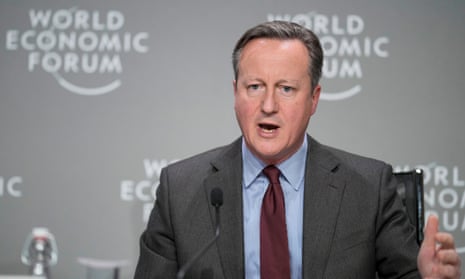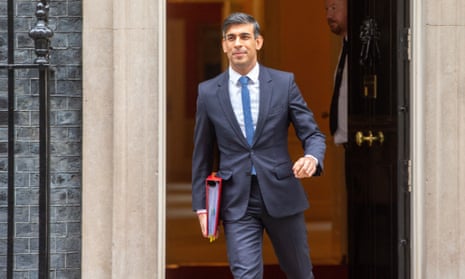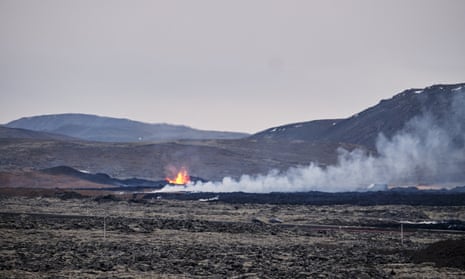The upcoming auction at the RR auction house in Boston is set to feature an array of Olympic memorabilia, including a complete set of medals – bronze, silver, and gold – from the Munich '72 Games. Currently, the leading bid for this iconic set is $8,985 (£7,090), a seemingly modest sum considering their historical significance. However, the true value lies not just in the medals themselves but in the extraordinary story of the man behind them – Steve Genter.
For the past 50 years, Genter has safeguarded these medals in a small knitted purse, sharing their tale with those curious enough to ask. From humble beginnings in Long Beach, California, where he joined a YMCA swimming program at the age of 10, Genter's journey to Olympic glory was anything but conventional.
Despite initial struggles and a coach who doubted his abilities, Genter's tenacity prevailed. An anecdote about being third reserve for a relay showcases his unyielding spirit. When the three swimmers ahead fell ill, Genter stepped in, defying expectations and securing victory. As he puts it, he was "a kid who just didn't know the word 'quit.'"
The road to Munich '72 was fraught with challenges. At the Olympic trials, Genter battled a high fever but still qualified for the 200m and 400m freestyle, setting the stage for a showdown with swimming legend Mark Spitz. However, fate had other plans. A collapsed lung threatened to end Genter's Olympic dream before it began.
Refusing medication to avoid potential doping issues, Genter spent five days recovering and, against all odds, returned to the pool. In the heats for the 200m freestyle, he stunned everyone, including Spitz, by finishing second. Despite Spitz's attempts to dissuade him from the final, Genter persisted, vowing to claim the gold.
The final race, marred by Genter's ripped stitches and a blackout, saw Spitz setting a world record. Genter, undeterred, clinched gold in the 4x200m relay just two days later. His bronze in the 400m freestyle, initially overshadowed by controversy surrounding a teammate's doping-related disqualification, became a testament to Genter's integrity as he refused to exchange it for silver.
As Genter prepares to part with his cherished medals, the motivation remains a mystery, yet he hints that "the time is right." Proceeds from the sale will support a cause close to his heart. While the new owner may possess the physical medals, they will forever be overshadowed by the indomitable spirit and unwavering determination that define Steve Genter's Olympic legacy.












